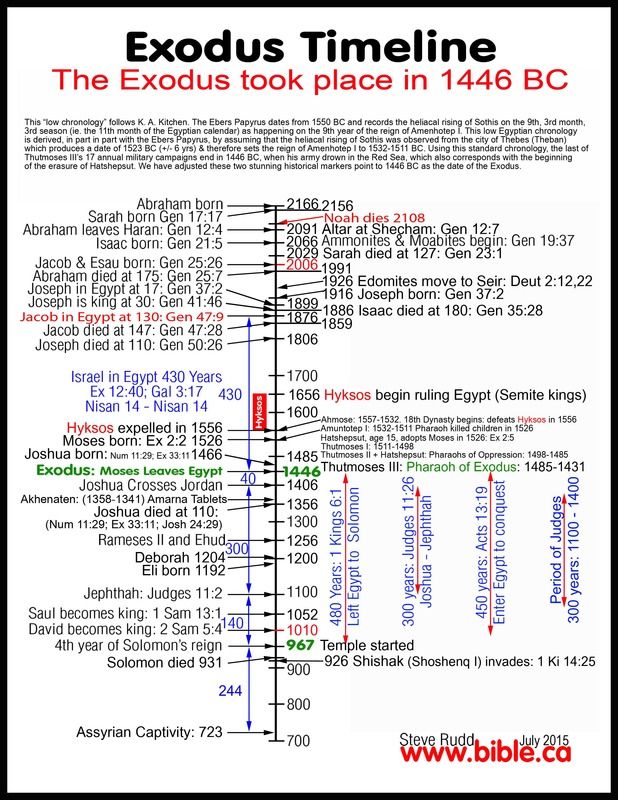You do not understand YHWH at all. The Hebrews created their words from their alphabet. Each letter had a meaning and together created the meaning of the word. The Hebrews didn't even come up with the name, but God gave it to them, and they have forgotten or never really understood the meaning. But the letters mean Behold the Hand, Behold the nail, and has nothing to do with nature.
Psalms 22:16 For dogs have compassed me: the assembly of the wicked have inclosed me: they pierced my hands and my feet.
Perhaps the Jews should ask themselves why El Elyon has this name.
Zechariah 12:8 In that day shall the Lord defend the inhabitants of Jerusalem; and he that is feeble among them at that day shall be as David; and the house of David shall be as God, as the angel of the Lord before them.
9 ¶And it shall come to pass in that day, that I will seek to destroy all the nations that come against Jerusalem.
10 And I will pour upon the house of David, and upon the inhabitants of Jerusalem, the spirit of grace and of supplications: and they shall look upon me whom they have pierced, and they shall mourn for him, as one mourneth for his only son, and shall be in bitterness for him, as one that is in bitterness for his firstborn.
Well that's a nice religious story but it's not accurate, Moses predates the Hebrew alphabet by at least 500 years and the Hebrew used by the Babylonian redactors by 1,000 years.
"Yahweh (/ˈjɑːhweɪ/, or often /ˈjɑːweɪ/ in English; Hebrew: יהוה) was the national god of the ancient kingdoms of Israel and Judah.[2] His name may have begun as an epithet of El, head of the Bronze Age Canaanite pantheon,[3] but the earliest plausible mentions are in Egyptian texts that place him among the nomads of the southern Transjordan.[4] In the oldest biblical literature he is a typical ancient Near Eastern "divine warrior" who leads the heavenly army against Israel's enemies;[5] he later became the main god of the Kingdom of Israel (Samaria) and of Judah,[6] and over time the royal court and temple promoted Yahweh as the god of the entire cosmos, possessing all the positive qualities previously attributed to the other gods and goddesses.[7][8] By the end of the Babylonian exile (6th century BC), the very existence of foreign gods was denied, and Yahweh was proclaimed as the creator of the cosmos and the true god of all the world.[8]"
https://en.wikipedia.org/wiki/Yahweh
Bronze Age origins
Yahweh was the national god of the kingdoms of Israel and Judah,[2] and appears to have been worshiped only in these two kingdoms.[9] This was unusual in the Ancient Near East but not unknown–the god Ashur, for example, was worshiped only by the Assyrians.[10] His name may have originated as a title for El, the head of the Canaanite pantheon (el dū yahwī ṣaba’ôt, "El who creates the hosts", meaning the heavenly army accompanying El as he marched beside the earthly armies of Israel), but although El and Yahweh have much in common they also have many differences.[11]
The earliest possible occurrence of the name Yahu is as a place-name ("land of Shasu-yhw) in an Egyptian inscription from the time of Amenhotep III (1402–1363 BCE),[12] the Shasu being nomads from Midian and Edom.[13] There is considerable support—though not universal—for the view that the Egyptian inscriptions do refer to Yahweh.[14] The question that arises is how he made his way to the north.[15] A widely accepted hypothesis is that traders brought Yahweh to Israel along the caravan routes between Egypt and Canaan (this is called the Kenite hypothesis, after one of the groups involved).[16] The strength of the Kenite hypothesis is the way it ties together various points of data, such as the absence of Yahweh from Canaan, his links with Edom and Midian in the biblical stories, and the Kenite or Midianite ties of Moses; but while it is highly plausible that the Kenites, Midianites and others may have introduced Israel to Yahweh, it is highly unlikely that they did so outside the borders of Israel or under the aegis of Moses, as the Exodus story has it.[17]

